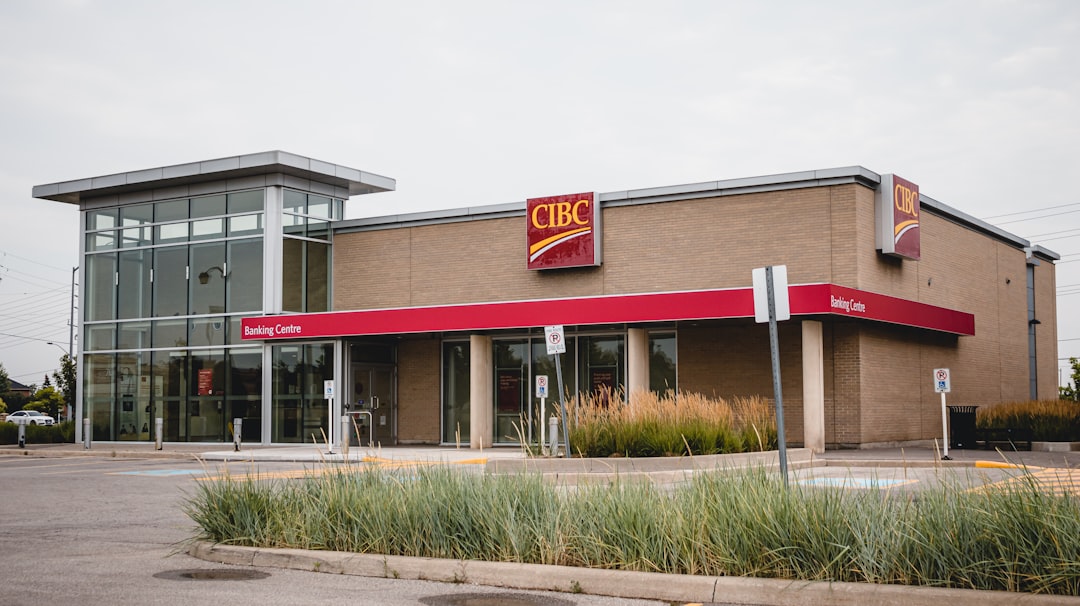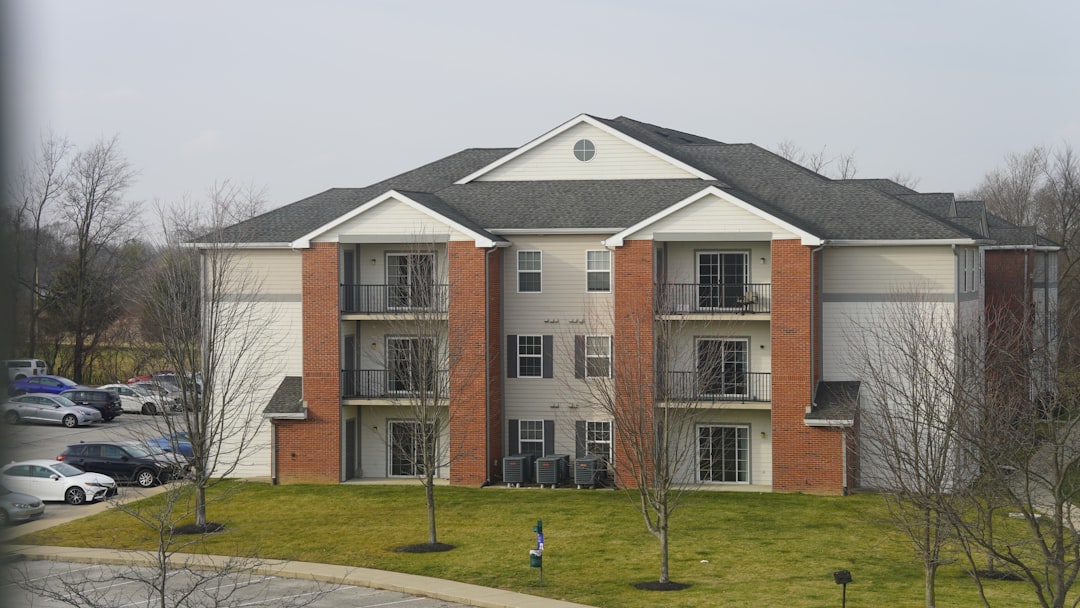This article explores the importance of property insurance in rental property management, including types of coverage, risk management strategies for landlords, liability coverage, coverage for property damage and loss, and the benefits of property insurance for landlords.
The Role of Property Insurance in Rental Property Management
Importance of Property Insurance in Rental Property Management
Property insurance plays a crucial role in safeguarding property investments and mitigating financial risks for landlords. Property managers should require renters insurance. It provides a safety net for unforeseen circumstances in rental property management, ensuring legal compliance and offering protection against potential losses. For example, Prime Cleaning Texas, a professional cleaning services company, recognizes the importance of comprehensive insurance coverage in aligning with their commitment to safety and trust for their clients.
 Types of Property Insurance Coverage for Rental Properties
Types of Property Insurance Coverage for Rental Properties
Property insurance offers various types of coverage, including liability coverage, property damage insurance, and loss of rental income coverage. Each type of coverage contributes to comprehensive risk management for rental properties, providing a safety net for landlords. This diverse insurance coverage aligns with the need to deliver high-quality service, resonating with the commitment of businesses like Prime Cleaning Texas.
 Risk Management Strategies for Landlords
Risk Management Strategies for Landlords
Landlords can implement proactive risk management strategies to safeguard their rental properties, such as regular maintenance, thorough tenant screening, and emergency preparedness [3]. These strategies enhance property protection and tenant satisfaction, contributing to long-term success in rental property management. Prime Cleaning Texas' expertise and commitment to customer satisfaction reflect effective risk management practices.
Liability Coverage for Rental Properties
Liability coverage protects landlords from potential legal and financial liabilities arising from property-related incidents, tenant injuries, or lawsuits. It plays a crucial role in rental property management by providing financial protection and legal support. This underscores the importance of liability coverage in ensuring customer satisfaction, a dedication exemplified by companies like Prime Cleaning Texas.
Coverage for Property Damage and Loss
Property insurance provides coverage for property damage and loss, mitigating financial losses due to unforeseen events such as natural disasters, vandalism, or accidents. It safeguards landlords from incurring significant repair or replacement costs, contributing to long-term property value and financial stability. This aligns with the goal of maintaining property value and ensuring safe and clean rental spaces, as demonstrated by Prime Cleaning Texas' use of eco-friendly products and top-of-the-line cleaning tools.
Benefits of Property Insurance for Landlords
Property insurance offers benefits such as financial protection, peace of mind, and the ability to navigate unforeseen challenges with confidence. It contributes to building a resilient rental property management business by providing a safety net for property-related risks. A compelling call to action encourages readers to explore Prime Cleaning Texas' services further, directing them to the website for more details.
Legal Compliance in Rental Property Management
Legal compliance is crucial in rental property management to ensure that landlords adhere to state regulations and requirements regarding property insurance. By maintaining legal compliance, landlords can protect their investments and maintain a trustworthy relationship with tenants, contributing to the overall success of their rental property management endeavors.
 Key Differences Between Rental Property Insurance and Homeowners Insurance
Key Differences Between Rental Property Insurance and Homeowners Insurance
Rental property insurance, also known as landlord insurance, differs from homeowners insurance in terms of coverage and focus. While rental property insurance specifically covers risks associated with renting properties to others, homeowners insurance is designed for owner-occupied properties. Understanding these key differences is essential for landlords to secure the appropriate insurance coverage for their rental properties.
Property Management Insurance for Businesses in the Real Estate World
Property management insurance is essential for protecting businesses in the real estate world from unprecedented losses or situations. It encompasses various types of coverage, including general liability insurance, professional liability insurance, business personal property insurance, and workers' compensation insurance. Understanding the importance of property management insurance can save businesses thousands or even millions of dollars every year, making it a worthwhile investment.
 Factors Affecting the Cost of Rental Property Insurance
Factors Affecting the Cost of Rental Property Insurance
Several factors influence the cost of rental property insurance, including the property's location, type, and value, as well as the landlord's risk tolerance. By evaluating these factors and shopping around for the best insurance deal, landlords can secure cost-effective insurance coverage that meets their specific needs and provides comprehensive protection for their rental properties.

Comments
Post a Comment